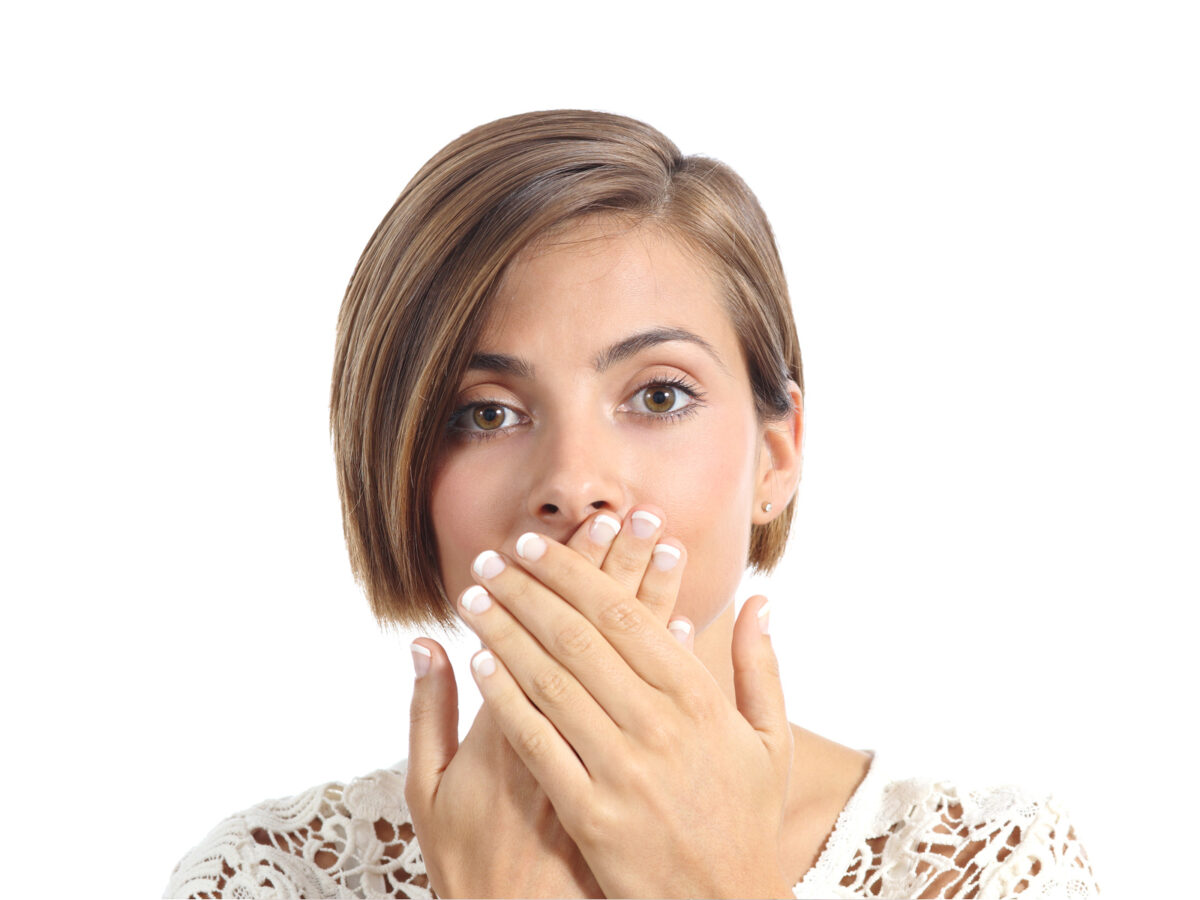Blog
Dental hygiene tips for healthy teeth & gums

Why Do Poor Habits Cause Bad Breath?
Bad breath can negatively impact your professional and personal lives. You will sometimes hear other people speak negatively about you, but you will rarely hear their comments about your problem. There is nothing more embarrassing than having bad breath.
The consequences may include feeling self-conscious and having a poor social life. But the good news is you can easily cure bad breath or halitosis, with some simple yet effective tips or precautionary measures.
There are various reasons and poor dental care habits that can lead to weird smells from the mouth. It can be due to a certain food item, or from not following a proper oral care routine.
Therefore, in this article, we will share everything about halitosis and why it happens, and how you can combat the same!
What poor habits can lead to bad breath?
There are various poor oral care habits that can cause halitosis. You need to have personal care responsibility towards your teeth and make a conscious effort to clean your teeth regularly.
Conducting an absolute oral hygiene routine that will help prevent bad mouth smells should be your top priority. People’s worst breath is usually experienced in the morning.
You may feel fine for a few hours after brushing your teeth, but as soon as the day goes on, your bad breath will slowly return and make people uncomfortable.
Additionally, this may be an indication of other health concerns. In addition to bad breath, a person’s tongue and gum line may be home to anaerobic oral bacteria that produce a weird odor. In addition, xerostomia, which occurs when saliva flow decreases, can also cause this condition.
Moreover, medical conditions that cause a putrid odor from the mouth include local infections in the respiratory system, sinusitis, postnasal drip, chronic bronchitis, diabetes, gastrointestinal disturbances, liver disorders, and kidney problems.
And all poor habits including eating strong odor food items, not brushing or flossing properly, not using fluoride toothpaste, smoking and eating tobacco, not using mouthwash, etc., contribute to bad breath.
Habits to precautionary measures to control bad breath
The following are some useful tips for treating or preventing bad breath or halitosis. If you’ve got halitosis, try out this remedy and see if it helps:
- Keeping your mouth healthy is important. Brushing your teeth and scrubbing your tongue correctly should be done every day.
- Using mouthwash is recommended. If you have bad breath, make sure you choose a mouthwash that does not contain alcohol. Alcohol will worsen the condition.
- Make a mixture of salt and warm water and use it to rinse your mouth.
- You can chew mint leaves or breath freshening gum to temporarily relieve bad breath, especially after eating something that causes it.
- Keeping a food log can help you stay on top of your diet. The log may help your dentist determine if they are causing bad breath. Likewise, list your medications. It is possible that some drugs can cause mouth odors.
- Stay hydrated by drinking water instead of coffee, alcohol, or soft drinks.
- Avoid eating strong odor foods like garlic, onion, cheese, etc
- Make sure you don’t go to bed at night without brushing your teeth.
- Reduce your meat consumption and eat more fruits and vegetables. Hard fruits and vegetables, such as apples, carrots, celery, and celery root, help to remove plaque and food particles that can cause bad breath.
You may be referred to your family doctor or to a specialist if your dentist finds that the odor is not related to your mouth or is not associated with your oral health.
If you suspect that any of your medications are contributing to the problem, you can go over a list with them. And your health care provider will surely help with that.
